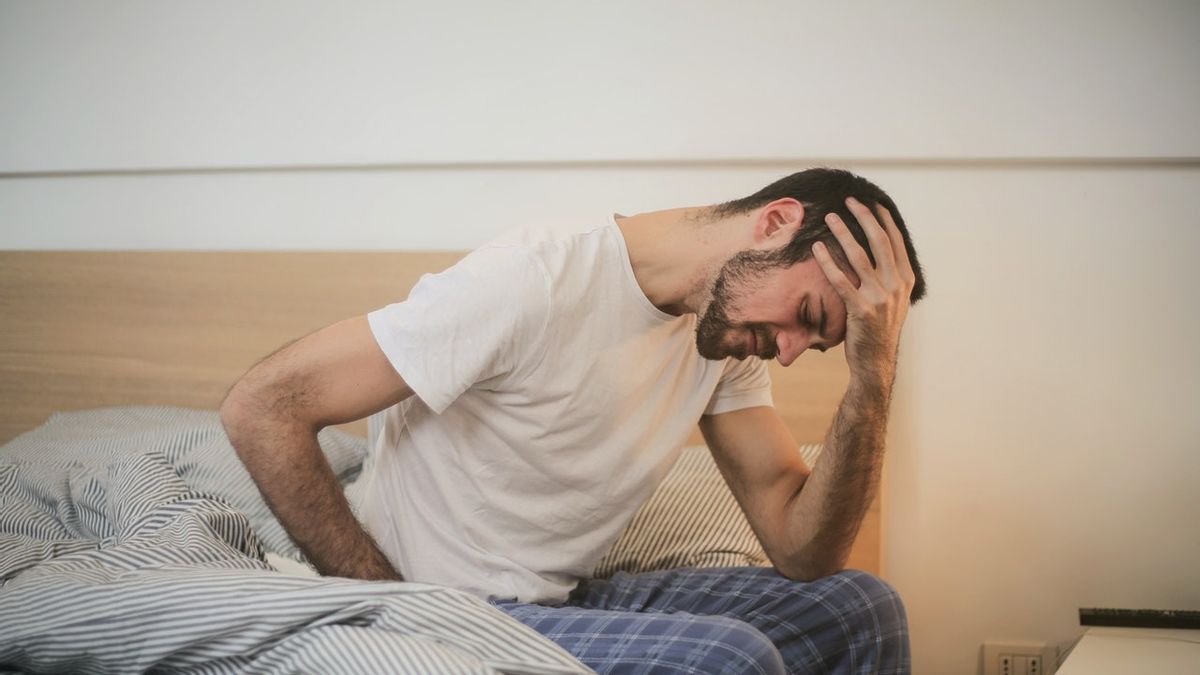JAKARTA - Dizziness and body drift can be caused by several things. Such as colds, pre-menstruation, drinking too much caffeinated drinks, hypertension, fatigue, and orthostatic hypotension.
The latter cause is often considered a sign of low blood pressure. However, it is actually caused by blood pressure in the upper part of the body. When blood pressure concentrates in the head and decreases when standing, it can cause a sensation of floating, dizziness and loss of balance.
Reporting from Reader's Digest, Monday, February 22, the blood vessels in the upper body will narrow when you suddenly stand up. Dizziness and drifting lasts not long, while it occurs until the blood vessels return to normal.
This condition sometimes also occurs when you get from a lying down to a sitting position. However, if it occurs for a long time it can be a marker of other diseases.
Orthostatic hypotension is influenced by several things besides blood pressure, including being in an area with hot temperatures, being pregnant, being inactive for a long time, and consuming drugs and alcoholic drinks.
Orthostatic hypotension is also often experienced by someone in old age, generally 65 years and over. Specifically, blood circulation to the heart also decreases when you suddenly change positions. Especially changing the position from initially bending, for example sitting and lying down to suddenly standing.
Orthostatic hypotension is actually the body's natural response to a mechanism to restore blood circulation from what was not working properly to return to normal. Well, orthostatic hypotension can also be caused by several things.
First, dehydration can trigger abnormal pressure on the blood vessels. Second, disorders of the endocrine glands such as hypoglycemia and Addison's disease.
Launched Halodoc, nervous system disorders affect blood vessel pressure. There are also cases of experiencing orthostatic hypotension because the heart is not working normally.
If you often experience dizziness and drifting when changing positions, it is advisable to see a doctor. The doctor will later perform blood tests and detect whether the heart is normal or not.
Conversely, if you don't experience it often, it can be overcome by taking a relaxed position for a while to relieve dizziness. Also avoid wearing clothes that are too tight so that they interfere with the performance of the blood vessels.
Finally, to stay healthy and not experience orthostatic hypotension, you can exercise regularly, maintain a healthy diet, get enough rest and drink mineral water.
The English, Chinese, Japanese, Arabic, and French versions are automatically generated by the AI. So there may still be inaccuracies in translating, please always see Indonesian as our main language. (system supported by DigitalSiber.id)













